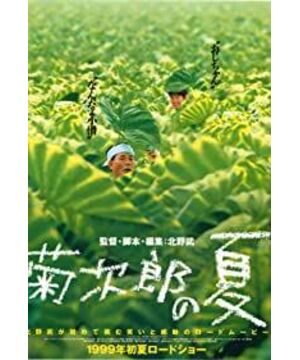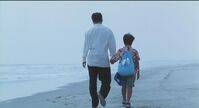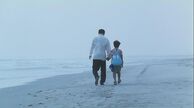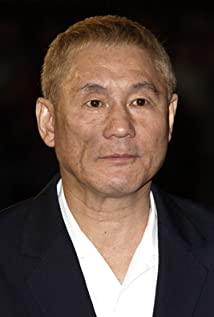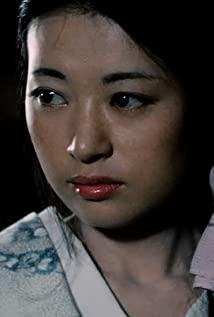As soon as the title song "Summer" sounded, the wind chime that was named an angel to comfort Zhengnan seemed to also ring. I listened, as if I saw Mr. Kijiro and Masao laughing hiding under the leaves, and then I recalled the bright smiling faces of my childhood summer.
When it's summer, it seems like it's always summer. The scorching summer, which was blackened by the sun, was the splendor that I miss in other seasons. It's hard for me to imagine that this film also complements spring, autumn and winter. The briskness and ignorance of summer are unique enthusiasm, and the heat that has nowhere to hide forces us to move forward, who are unprepared for maturity.
"Tell a more realistic or cruel story in a form that seems to be a comedy, tell the ups and downs of life in a calm tone, and then inadvertently take away my emotions." This is my feeling about Japanese works, and "Summer of Kikujiro" also It is so. The emotional pull brought by the film is inseparable from the portrayal of the three-dimensional character of the characters. The protagonist, Mr. Kikujiro, is eccentric and wants to puncture other people's tires; he ignores the rules and likes to opportunistically. But he has a high tolerance for the environment, and he will not be depressed in the face of failure; he cares more about people, comforting Zheng Nan in his own clumsy way, but leaving silently when he goes to see his mother. This kind of contradiction between perverse and easy-going makes it difficult for us to use good and evil to judge across the board. This kind of contradiction gave him a sense of reality. Isn't each of us also coexisting with good and evil? At present, many films like to set an absolute position for the characters to draw the audience's emotions, but make them lose their sense of flesh and blood. It is human nature to have complex emotions.
It is not uncommon to cut in from the perspective of a child, which also plays a supporting role in the character characterization above. Because children are pure and inclusive, they are not deeply involved in the world, and they will only doubt and not judge injustice or complex behavior, leaving the audience to ponder. As a result, the audience will also have a sense of dislocation of the movie name: even if I have heard the name "Masao" many times, at the end, I will see "Uncle, what is your name?" "Kiujiro, go away.", I will still see it. And consider this to be the global maximum light.
The same boy was abandoned by his mother at a young age. Is it true that Masahiro is not the young Kijiro, and the character of Kijiro seems to be a dialogue between director Takeshi Kitano and his father, Mr. Kijiro in reality. In the film, Masao and Kikujiro still have to face various difficulties after returning, but we look at them with hope in our eyes. This is probably the state of director Takeshi Kitano, a relief for the original family. Masao reconciled, Kikujiro reconciled, Kitano Takeshi reconciled. So with "Kijiro's Summer", I can warm more people. Life is built on contradictions, but we can find coexistence from contradictions and engage with the world in our own way. Just like Romain Rolland said: "There is only one kind of heroism in this world, that is, after seeing the essence of life, still love life." This is also a kind of innocence.
At the end of the film, Zhengnan ran on the bridge with a smile on his face.
Summer is over, but the angel's bell is still ringing.
View more about Kikujiro reviews


